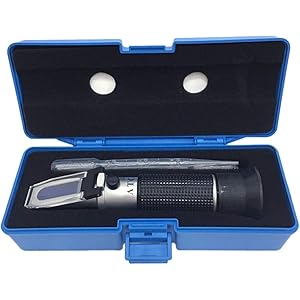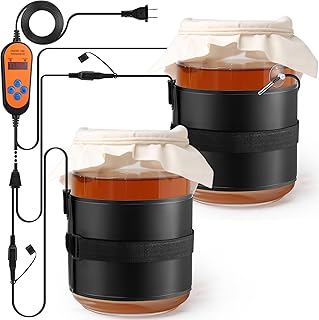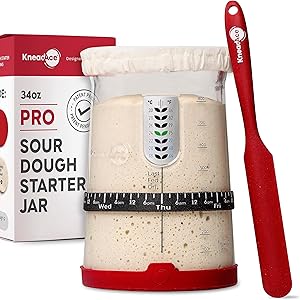Understanding Carbonation and Its Sensory Impact
Carbonation refers to the presence of dissolved carbon dioxide (CO2) in beverages, which creates the characteristic fizz and bubbles. This effervescence not only enhances the drinking experience but also contributes to the overall flavor profile of carbonated drinks. When you consume a carbonated beverage, the bubbles stimulate your taste buds and enhance your sensory perception. However, some individuals may find themselves asking, “Why can’t I taste carbonation anymore?” This phenomenon can be attributed to various factors affecting taste perception.
Physiological Changes in Taste Perception
As we age, our taste buds undergo natural changes that can diminish our ability to perceive certain flavors, including the sharpness of carbonation. The number of taste buds decreases, and their sensitivity can decline, leading to a reduced ability to detect the nuances of carbonation. Additionally, health conditions such as diabetes or neurological disorders can further impact taste perception, making it difficult to enjoy the fizzy sensation that carbonation provides.
Impact of Medications on Taste Sensation
Certain medications can alter taste perception, leading to a diminished ability to taste carbonation. Common medications, such as antihistamines, antidepressants, and blood pressure drugs, may have side effects that affect the taste buds. If you have recently started a new medication and noticed a change in your ability to taste carbonation, it may be worth discussing with your healthcare provider to explore potential alternatives or solutions.
Oral Health and Its Role in Taste
Oral health plays a crucial role in taste perception. Conditions such as gum disease, tooth decay, or oral infections can impair your ability to taste carbonation and other flavors. The presence of inflammation or infection in the mouth can alter the way taste buds function, leading to a diminished sensory experience. Maintaining good oral hygiene and seeking regular dental check-ups can help preserve your taste perception.
Hydration and Its Effects on Taste
Dehydration can significantly impact your taste perception, including your ability to taste carbonation. When the body is dehydrated, saliva production decreases, which can lead to a dry mouth and a reduced ability to taste. Ensuring adequate hydration can help maintain optimal saliva levels, enhancing your overall taste experience, including the enjoyment of carbonated beverages.
Get more content like this!
Sign up to receive updates and new terms first hand.
Dietary Changes and Their Influence
Changes in diet can also affect taste perception. For instance, a diet high in processed foods and sugars can alter your taste buds, making it harder to appreciate the subtle flavors of carbonation. Conversely, a balanced diet rich in fruits, vegetables, and whole grains can help maintain healthy taste buds and enhance your ability to enjoy carbonated drinks. If you’ve recently changed your eating habits, this could be a contributing factor to your diminished taste experience.
Neurological Factors Affecting Taste
Neurological conditions, such as Parkinson’s disease or multiple sclerosis, can impact the brain’s ability to process taste signals, including those associated with carbonation. These conditions may lead to a phenomenon known as taste distortion, where the perception of flavors becomes altered or diminished. If you suspect that a neurological issue may be affecting your taste perception, it is essential to consult a healthcare professional for proper evaluation and management.
Environmental Factors and Taste Sensitivity
Environmental factors, such as exposure to strong odors or pollutants, can also influence taste perception. The sense of taste is closely linked to the sense of smell, and if your olfactory senses are compromised, it can affect how you perceive carbonation and other flavors. Ensuring a clean and pleasant environment can help enhance your overall sensory experience, including the enjoyment of carbonated beverages.
Psychological Aspects of Taste Perception
Psychological factors, including stress and anxiety, can impact your ability to taste carbonation. When under stress, the body may prioritize survival mechanisms over sensory experiences, leading to a diminished ability to enjoy flavors. Practicing stress management techniques, such as mindfulness or relaxation exercises, can help improve your overall sensory perception, including the enjoyment of carbonated drinks.
Seeking Professional Help for Taste Issues
If you find yourself consistently asking, “Why can’t I taste carbonation anymore?” it may be beneficial to seek professional help. An evaluation by an otolaryngologist or a taste and smell specialist can provide insights into the underlying causes of your taste issues. They can recommend appropriate tests and treatments to help restore your ability to enjoy carbonation and other flavors.




